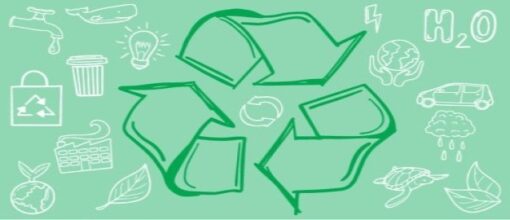In the era of heightened environmental awareness, the use of reprocessed plastics emerges as a beacon of sustainable and responsible material sourcing. The context is set against a backdrop where industries are increasingly acknowledging the need to reduce their environmental impact.
The current situation sees a critical juncture in environmental responsibility. Industries are recognizing that the use of reprocessed plastics goes beyond mere compliance; it’s a strategic move to mitigate environmental harm. The demand for materials with reduced environmental footprints is reshaping how businesses source and use plastics.
The catalyst for change is the undeniable environmental benefits associated with reprocessed plastics. These materials play a crucial role in reducing landfill waste, conserving energy, and lowering carbon footprints. The catalyst is the realization that by choosing reprocessed plastics, industries actively
The danger lies in underestimating the significance of environmental benefits. Failing to recognize the urgent need to shift toward sustainable practices poses a real danger. The danger is not just in continuing with conventional, environmentally harmful practices, but in perpetuating a cycle of resource depletion and environmental degradation.
The solution is a conscious shift toward the adoption of reprocessed plastics. Embracing these materials is not just an eco-friendly choice; it’s a strategic decision that contributes to reducing landfill waste, conserving energy, and lowering carbon footprints. The solution lies in understanding the far-reaching environmental benefits and making reprocessed plastics the cornerstone of responsible material sourcing.
